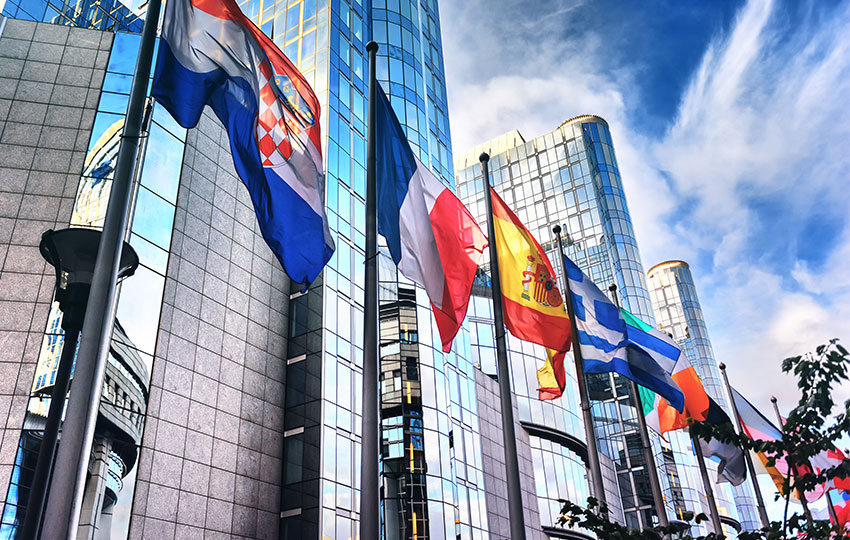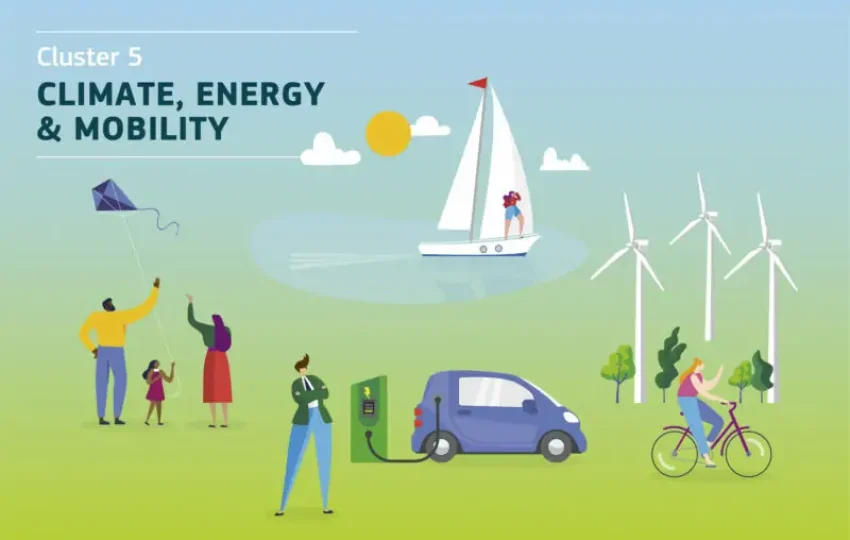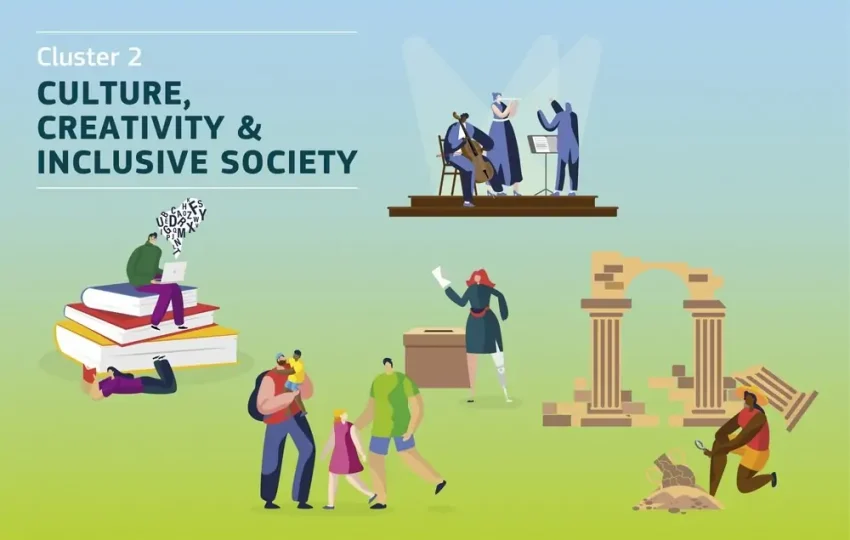The third part of our ‘’EU Agencies’’ series is here. Get to know the EU Agencies of your country!
1. European Defence Agency (EDA)
EDA supports its Member States’ efforts to enhance its defence capabilities in a collaborative manner. This means running and supporting cooperative European defence projects; supporting research and technology development; and boosting the European defence technological and industrial base.
It publishes statistics from all Member States, as part of its yearly Defence Data. This yields a broad overview of Europe’s Defence Market, providing information on defence expenditure, defence investment, spending on operations, maintenance and personnel.
Military operations in Kosovo and Libya highlighted that EU countries lack air-to-air refuelling capabilities. EDA was given responsibility for addressing this shortfall over the short, medium, and long-term. To optimise existing capacity, the EDA, Italy, and the Movement Coordination Centre Europe jointly organised the first collective European air-to-air refuelling clearance trial in September 2013, with a second one to come in 2014. The first European Air-to-Air Refuelling training course took place in Eindhoven in April. In addition, EDA is supporting five countries that are coming together to purchase new multirole aircraft.
The agency was established in 2004 and is located in Brussels, Belgium
2. European Environment Agency (EEA)
The EEA provides independent, reliable and comparable environmental information on the state and trends of the European environment for those involved in developing, adopting, implementing and evaluating environmental policy, and also the general public. It carries this out in close cooperation with national environmental bodies, in its European Environmental Observation and information Network – EIONET.
The EEA’s knowledge base covers a wide range of environmental topics, including air quality, biodiversity, climate change mitigation and adaptation, sustainable consumption and production, water, land use, green economy, waste, chemicals, environment and health, and energy.
For example, a recent EEA report found that despite significant improvements in Europe’s air quality in recent decades, more than 90% of people in our cities still breathe air containing pollutants in concentrations above WHO guidelines.
The EEA’s reporting on the state and trends of the environment feeds into and supports the EU policy process, enabling new proposals to be based on the best available information. Recent examples are the 7th Environment Action Programme and the Clean Air Policy Package which was underpinned throughout by data and assessments provided by the agency.
The agency was established in 1990 and is located in Copenhagen, Denmark
3. European Fisheries Control Agency (EFCA)
EFCA promotes the highest common standards for the control, inspection and surveillance of fishing under the EU’s Common Fisheries Policy. It brokers operational coordination between Member States and the European Commission. It also contributes to coordination and cooperation between national control and inspection activities and gives assistance to the Commission and Member States.
Thanks to the agency, around 9000 inspections were coordinated at the European level in 2013.
The agency’s contribution is crucial for a more uniform application of EU rules and to ensure that they are respected and applied effectively. It increases the effectiveness of control by providing training to inspectors and officials in fisheries control across the EU. It has developed the first core curricula courses on inspection. The inspection at sea module of EFCA’s handbook and manual has been circulated to Member States and the European Commission. EFCA’s data management systems also help improve transparency of and compliance with the requirements of the EU’s Common Fisheries Policy.
The agency was established in 2005 and is located in Vigo, Spain
4. European Food Safety Authority (EFSA)
EFSA is committed to ensuring food safety in Europe. It provides objective and independent scientific advice, and clear communication on existing and emerging risks to food and feed safety, grounded in the most up-to-date scientific information and knowledge. It provides a sound foundation for European policies and legislation and supports EU bodies and Member States in taking effective and timely risk management decisions.
EFSA is committed to openness and transparency in all its work. It was created to ensure a high level of consumer protection and to restore and maintain confidence in the EU food supply following a series of food crises in the late 1990s. EFSA’s remit spans the entire food chain from farm to fork. It also considers the possible impact on biodiversity, and it performs environmental risk assessments of genetically modified crops, pesticides, feed additives and plant pests.
EFSA’s advice underpins the European food safety system. Thanks to this system, European consumers are among the best protected and informed in the world regarding risks in the food chain. For example, EFSA’s important contribution to joint EU measures helped reduce human cases of Salmonella by almost one-half from 2004 to 2009. It provided scientific advice on the impact of setting reduction targets for Salmonella in poultry and analysed the EU’s progress in meeting the targets.
The agency was established in 2002 and is located in Parma, Italy
5. European Foundation for the Improvement of Living and Working Conditions (Eurofound)
Eurofound’s role is to provide knowledge in the area of social and work-related policies with a view to contributing to the planning and design of better living and working conditions in Europe.
For example, its 2013 research on young people not in employment, education or training (NEET) estimated the economic loss arising from their disengagement from the labour market to be about €162 billion, or 1.26% of European GDP.
Its research in this area has been widely circulated to key EU and national-level policymakers and cited in a range of EU policy documents, from the initiative of the European Commission on the Youth Guarantee to the Recommendation approved by the Council and the European Parliament, as well as the Framework of actions on youth employment agreed by the European Social Partners.
Other key highlights of Eurofound’s work include its three pan-European surveys on working conditions, quality of life and company practices. Drawing on its network of correspondents across all Member States also allows Eurofound to complement its in-depth original research with timely comparative information from across the EU. This is presented via its online observatories, EurWORK and EMCC (the European Monitoring Centre on Change). Eurofound’s tripartite structure underpins all its activities.
The agency was established in 1975 and is located in Dublin, Ireland
Read also Learn about the EU agencies across Europe – Part 2


